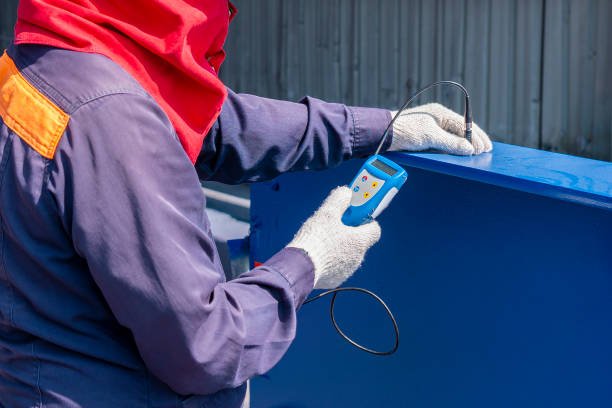This course covers the technical and practical fundamentals for coating inspection work. Upon completion, students will be able to:
Recognize how corrosion forms and the role of protective coatings.
Describe the role and responsibilities of an inspector, including ethics and decision-making.
Differentiate surface preparation methods and standards, including abrasive blasting and water jetting.
Identify coating types, curing mechanisms, and modes of protection.
Differentiate coating application methods like brush, roller, and various spray types.
Utilize job specifications, safety data sheets, and inspection report documentation.
Perform non-destructive inspection for environmental conditions, surface profile, film thickness, and holiday detection.
